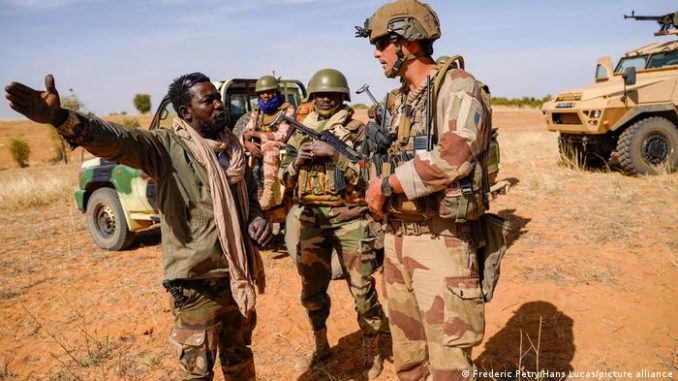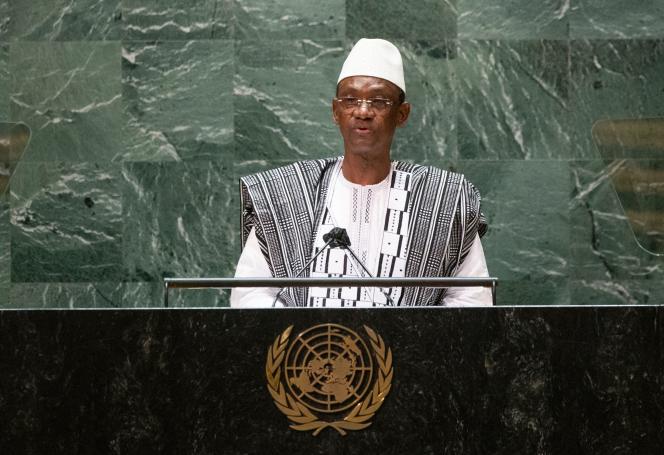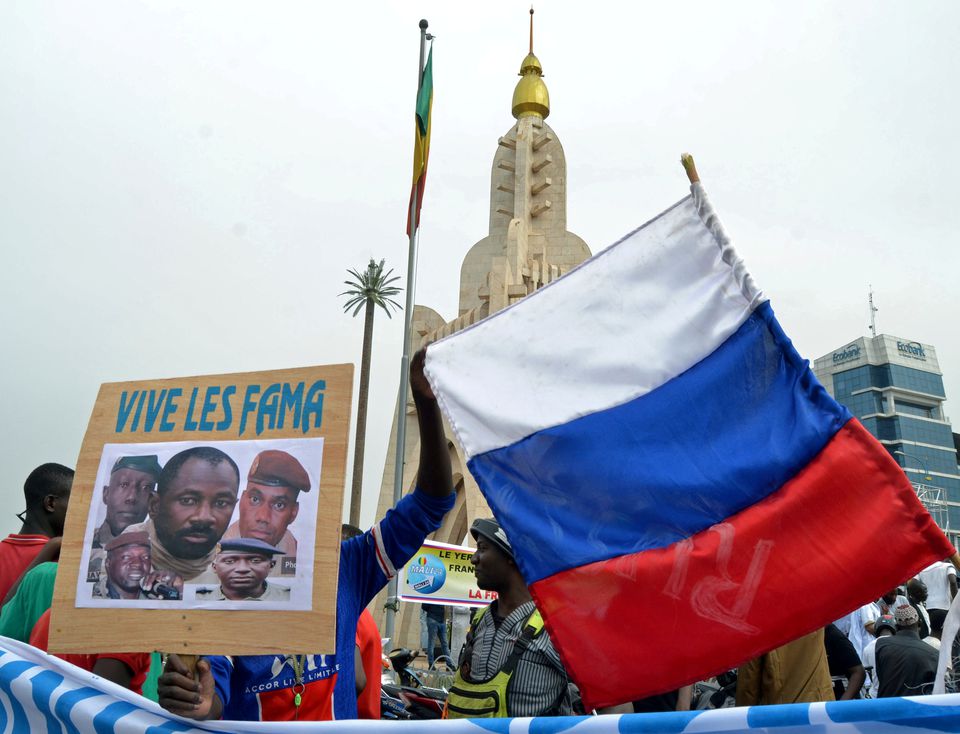
Tensions have been running high between France and Mali since mid-September after the Malian government announced that it was turning to other partners to ensure its security against terrorists. Indeed, Reuters announced on September 13 the signing of a contract between the Malian government and the Russian security company ‘Wagner’ for the arrival of Russian mercenaries in Mali. This announcement was strongly opposed by France, which denounced the incompatibility with its troops of the Barkhane operation present in Mali since 2013.
But where does this sudden change come from?
The abrupt change in relations between Mali and the former colonial power followed the announcement by French President Emmanuel Macron on June 10, 2021, that the Barkhane operation in the Sahel was coming to an end. Mr. Emmanuel Macron announced such a decision to denounce and sanction the second coup d’état perpetrated by Colonel Assimi Goïta, who was then officially invested as Mali’s transitional president. In response to the coup, France announced a freeze on its joint operations with the Malian army, and backed international pressure from the Economic Community of West African States (ECOWAS) and the African Union to push the Malian authorities to organize a transition to civilian rule and elections by February 2022. While the ruling junta in Mali remained deaf to the call of the international community, France announced on June 10, 2021 the end of Operation Barkhane in Mali, where French troops engaged since 2013 in the fight against jihadist groups would be replaced by an “international force. “Following consultations (…) we will initiate a profound transformation of our military presence in the Sahel,” explained the French president, announcing the “end of Operation Barkhane as an external operation” and the implementation of “an international alliance involving regional states.”
The French president was referring to the reduction in the number of French soldiers in Barkhane and their integration into the Takuba force. Takuba is a group of European special forces composed mostly of French and soldiers from other European countries, including Estonians, Czechs and Swedes. It has 600 men in Mali, half of whom are French. France is particularly counting on the rise of the European special forces group Takuba, which it initiated and which it intends to increase in size with the contribution of other European countries.
“Our objective is to reach 2,000 men in Takuba, with a French pillar of around 500 men, in the long term, and cooperation with the armies of the region, with several bases (military bases) but in support, with soldiers who would be there in the long term alongside the Sahelian soldiers, which is a different logic from that of the opex” (external operations), explained French President Emmanuel Macron in February.
This transformation of the Barkhane force to Takuba is notably a strategy for France to use special forces as a priority in the fight against jihadists.
Nevertheless, this move has not pleased the Malian transitional government, which sees it as an “abandonment” by France in the war against terrorists in the Sahel. Thus, to address the gradual disengagement of Operation Barkhane, Bamako has turned to other partners, including the private Russian company Wagner, suspected of acting on behalf of the Kremlin. While no confirmation of a contract has yet been announced between the Malian government and the Russian company, France has announced that this would be a red line.
A European source who tracks West Africa and a security source in the region said at least 1,000 mercenaries could be involved. Two other sources believed the number was lower, but did not provide figures.
According to sources, the Wagner Group would be paid about $10.8 million a month for its services in Mali, and they would be engaged in the region to train Malian soldiers and provide protection for senior officials. As it not well documented how many mercenaries could be involved or how much they would be paid, this announcement has angered France and its Western allies.
Indeed, Mali blames France for “abandoning its efforts in mid-flight” in the fight against jihadists in the Sahel. This statement was made by the Prime Minister of Mali, Choguel Kokalla Maïga on Saturday, September 25, before the United Nations (UN). “The new situation arising from the end of “Barkhane”, placing Mali before a fait accompli and exposing it to a kind of abandonment in mid-flight, leads us to explore new ways and means to better ensure security autonomously with other partners,” explained Choguel Kokalla Maiga at the UN General Assembly.

Furthermore, it should also be noted that Malian public opinion also has a negative perception of the Barkhane operation. Indeed, if the French forces are an important support to the G5 Sahel countries in the fight against terrorism in the Sahel, this position is not shared by the Malian population. Indeed, several Malian civil society groups have denounced the French presence in Mali and are demanding France’s withdrawal from Mali. For them, the military solution seems to have no chance of success. Nowadays, Malian public opinion seems to favour the idea of a Russian intervention. Several demonstrations have been organized in Bamako for the departure of French forces from Mali and the arrival of the Russians. Thus, by choosing to negotiate with the Russian group Wagner, the Malian transitional authorities appear to be seeking to fulfill a long popular demand.

The Malian government’s position to bring in Wagner could also be seen as a means of pressure to force France to continue Operation Barkhane at full capacity.
The dispute is still ongoing between the different parties, and a confirmation of the deal between Bamako and Wagner would certainly put an end to military cooperation between France and Mali in the fight against terrorists in the Sahel.

Leave a Reply